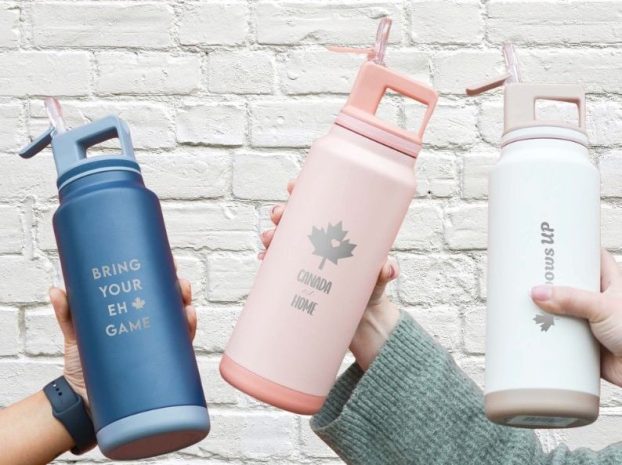The global disruption experienced through 2020 helped shape Canadians’ view of the most influential brands of the year as stay-at-home orders, attention to safety and a general desire to “binge” at home increased the power of this year’s top-ranked brands.
Despite the disruption resulting from COVID-19 and a racial justice awakening within organizations, Google once again held firmly to its title as the most influential brand in Canada, according to an Ipsos ranking unveiled online today. The internet giant was followed by Amazon and YouTube, whose presence in Canadians’ lives during the pandemic certainly helped grow and maintain their influence over the year.
Conducted by the Association of Canadian Advertisers and Ipsos, in partnership with Publicis and the Globe Media Group, the annual survey measured the influence of more than 100 brands in Canada. The results took into account five factors that can influence brand favourability – being viewed as “leading edge,” trustworthy, present in culture, a corporate citizen and engaging with consumers – and was based on a sample of more than 6,000 respondents. Due to the impacts of COVID-19 on consumer behaviour, Ipsos also measured its effect on the ranking as a sixth dimension of influence.
Many of the brands on the top ten list (shown below) have maintained their influence over time: in addition to Google, six other brands – Facebook, Microsoft, Apple, YouTube, Walmart and Visa – have made the coveted list every year since the ranking’s inception.
This year, however, Netflix and YouTube moved up one and three spots, respectively. And, for the first time, PC Optimum made its way into the top ten. “Both Netflix and YouTube had extraordinary years because of the environment that we all find ourselves in,” said Ipsos COO Steve Levy in a call with strategy ahead of the reveal on Tuesday.
The frequency with which Canadians interact with brands is one of the variables that drives influence, he says, because it at least gives the brand an opportunity to make an impact. For instance, Lysol (#23) and Purell (#28) made the top 30 list for the first time in the ranking’s history – while they may not be as “leading edge” or present in culture as other brands, they certainly have had increased prominence during the pandemic.
Meanwhile, Levy says Galen Weston’s “constant communication” with PC Optimum members helped propel the Loblaw loyalty brand into the #10 spot for the first time. In addition to their frequency and reach, the executive chairman’s pandemic communications were so effective because they focused on “caring” as opposed to selling to Canadians, he says.
The ranking also speaks to a trend seen through the crisis: the rise of importance in supporting local business. Many of the country’s top companies found ways to do that over last year, which helped maintain their influence in the eyes of consumers, according to Levy. The irony is that small, local brands – many of which were forced to close for various periods – found it increasingly difficult to stand out against global brands that continued to operate and that have greater scale and resources to begin with.
As with previous rankings, Ipsos also examined how brands fared among different segments based on geography, age and gender. Here, several differences emerge – though Google topped the rankings for each generation examined. For example, TikTok, which ranked in the 70s overall – jumping 54 spots from last year, according to Levy – was #12 among Gen Z respondents. On the other end of the spectrum, PC Optimum ranked #3 among Boomers, but had less influence among millennials (#10), Gen X (#10), and did not even make the top 30 for Gen Z.
Finally, some brands, such as Visa and Desjardins, were found to be more influential in the Quebec market, where they ranked #3 and #7, respectively.
Top 10 Most Influential Brands in 2020 (with movement since 2019)
1. Google (-)
2. Amazon (-)
3. YouTube (+3)
4. Apple (+1)
5. Facebook (-3)
6. Netflix (+1)
7. Visa (+3)
8. Microsoft (-4)
9. Walmart (-)
10. PC Optimum (+2)
























